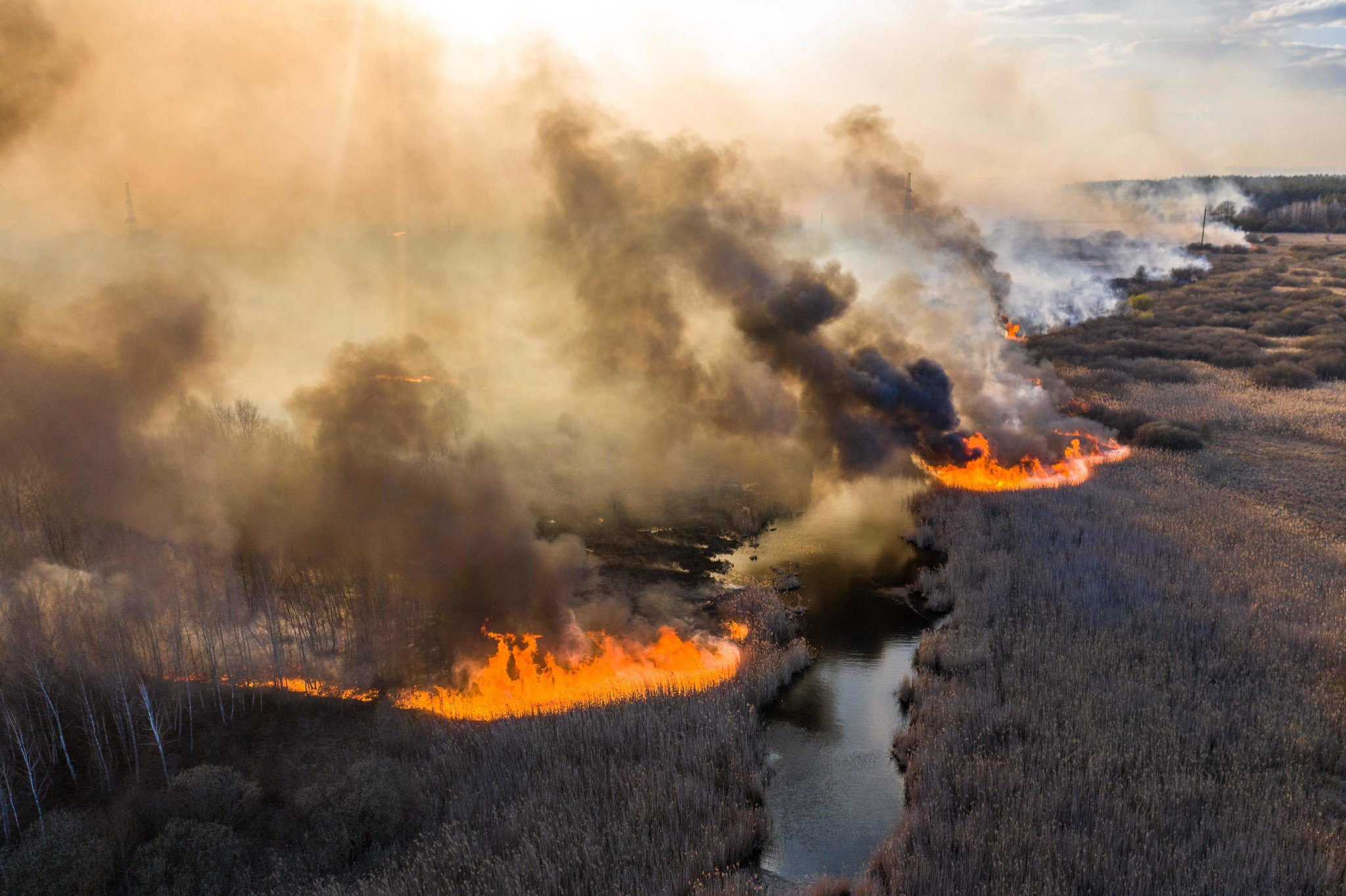
Exclusive Fire Protection: LA Wildfires Reignite Discussion On Private Firefighting For The Elite
As wildfires continue to ravage Los Angeles and other parts of California, the conversation about the effectiveness and ethics of private firefighting services has reignited. This complex issue raises questions about equity, access to essential services, and the role of government in disaster response.
The Rise of Private Firefighting
In recent years, private firefighting companies have emerged as an alternative to traditional public fire departments. These companies offer a range of services, from fire suppression to prevention, and are often hired by wealthy homeowners and businesses in fire-prone areas. Private firefighters are typically highly trained and equipped with state-of-the-art technology, which can provide a significant advantage in fighting wildfires.
Advantages and Disadvantages
Advantages:
- Enhanced protection: Private fire companies can provide a level of protection that often exceeds what is available from public fire departments, particularly in remote or underserved areas.
- Quick response: With their smaller crews and specialized equipment, private firefighters can often respond more quickly to emergencies than public fire departments.
- Specialized services: Private fire companies can offer specialized services, such as wildfire prevention planning and fuel management, which can help reduce the risk of wildfires in the long term.
Disadvantages:
- Equity concerns: Critics argue that private firefighting services exacerbate existing inequalities, as only those who can afford them will have access to the best protection.
- Response bias: Private fire companies may prioritize the protection of their clients over the general public, leading to a response bias that could put vulnerable communities at risk.
- Increased costs: The use of private firefighting services can drive up the cost of fire protection for everyone, as public fire departments may need to increase their resources to compete.
Government’s Role
The issue of private firefighting raises important questions about the role of government in disaster response. Some argue that it is the responsibility of the government to provide essential services like fire protection to all citizens, regardless of their income or location. Others contend that private firefighting companies can provide a valuable supplement to public services, particularly in areas where the government is unable to meet the demand.
In California, the state government has taken steps to regulate private firefighting companies and ensure that they do not undermine public fire departments. However, the debate over the role of private firefighting is likely to continue as wildfires become more frequent and severe.
Real-Life Examples
In the aftermath of the recent wildfires in Los Angeles, private firefighting companies played a significant role in protecting homes and businesses. In one notable case, a private fire company was credited with saving an entire neighborhood from destruction. However, critics point out that these same companies also charged homeowners exorbitant fees for their services, leading to accusations of profiteering.
In other parts of the country, private firefighting companies have been accused of responding more slowly to fires in low-income communities than in wealthy ones. This has raised concerns about the potential for a “two-tiered” fire protection system, where the wealthy receive better protection than the poor.
Conclusion
The issue of private firefighting is a complex one, with no easy answers. There are valid arguments to be made on both sides of the debate. However, it is important to consider the potential consequences of relying too heavily on private fire companies, particularly when it comes to equity and access to essential services. As wildfires become more frequent and severe, it is crucial for governments to develop policies that ensure that everyone has access to the protection they need.
